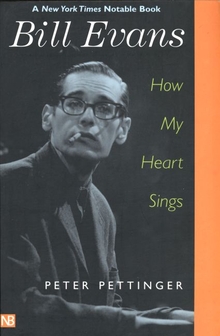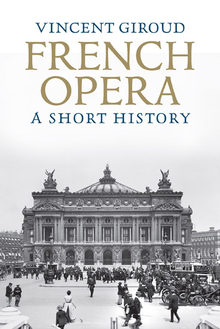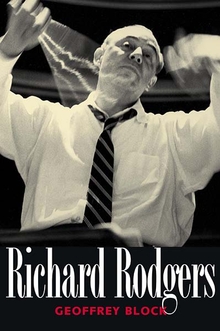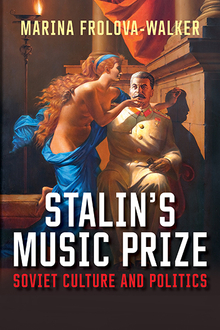Russian Music and Nationalism
WARNING
You are viewing an older version of the Yalebooks website. Please visit out new website with more updated information and a better user experience: https://www.yalebooks.com
from Glinka to Stalin
Marina Frolova-Walker
Challenging what is widely regarded as the distinguishing feature of Russian music—its ineffable “Russianness”—Marina Frolova-Walker examines the history of Russian music from the premiere of Glinka's opera A Life for the Tsar in 1836 to the death of Stalin in 1953, the years in which musical nationalism was encouraged and endorsed by the Russian state and its Soviet successor.
The author identifies and discusses two central myths that dominated Russian culture during this period—that art revealed the Russian soul, and that this nationalist artistic tradition was founded by Glinka and Pushkin. The author also offers a critical account of how the imperatives of nationalist thought affected individual composers. In this way Frolova-Walker provides a new perspective on the brilliant creativity, innovation, and eventual stagnation within the tradition of Russian nationalist music.
Marina Frolova-Walker is senior lecturer in music in the University of Cambridge and a fellow of Clare College.
“Different backgrounds and experiences have fed [Frolova-Walker’s] sharp intelligence and make her a particularly interesting writer on Russian music … Impressive … illuminating and refreshing … original and persuasive … sane and informed … Frolova-Walker is particularly good on the … swerving cultural policies of the Soviet Union … It is a difficult task … but she keeps a cool head and picks her way through a mass of material … A searching and rewarding new look at [Russian music].” - John Warrack, Times Literary Supplement
Publication Date: January 8, 2019








